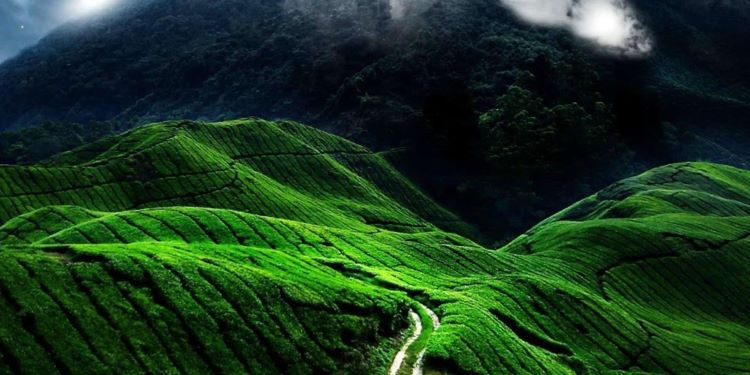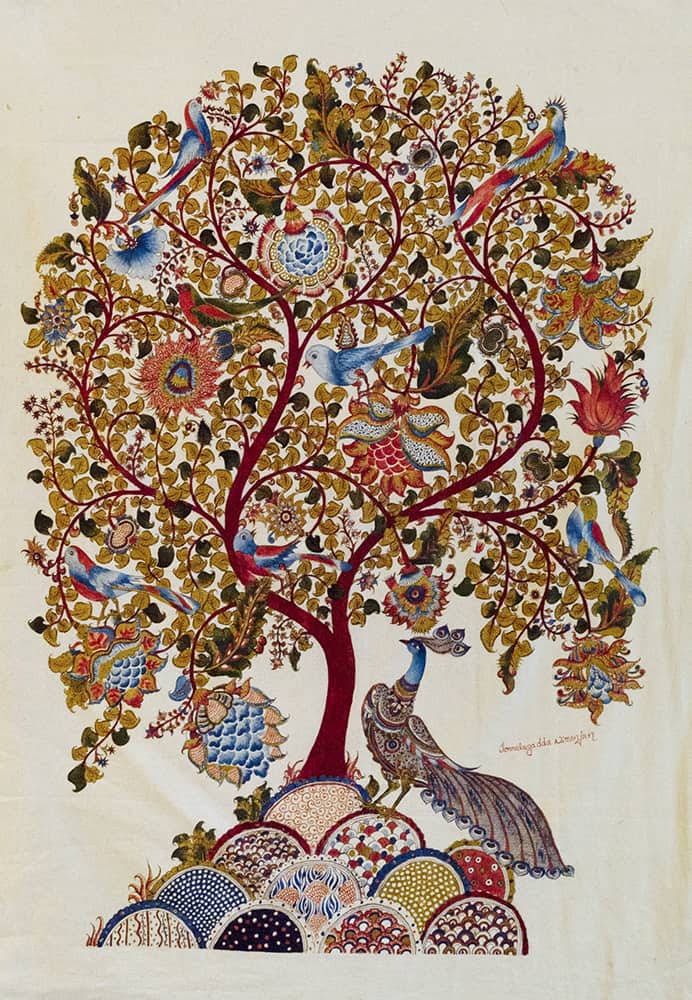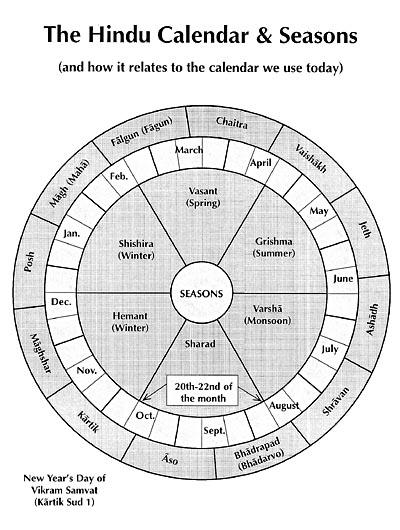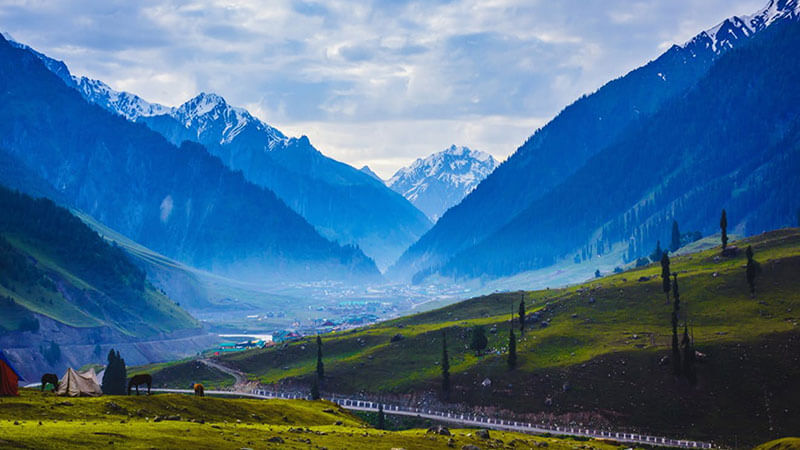- Visitor:44
- Published on:
‘Vanamuthassi’: The Grandmother of Forest
Lakshmikutty, a member of the Kani tribe, lives in a small, thatched hut in the forests of Kallar near Ponmudi, Thiruvananthapuram. Even at the age of 75, she ventures into the woods to collect herbs needed for treatment. Lakshmikutty Amma is an inspiration for the coming generation devoting her life to preserving traditional knowledge of medicine and natural healers.

“There is a pleasure in the pathless woods; There is a rapture on the lonely shore, There is a society where none intrudes, By the deep Sea, and music in its roar: I love not Man the less, but Nature more, From these our interviews, in which I steal From all I may be, or have been before, To mingle with the Universe, and feel What I can ne’er express, yet cannot all conceal.”
……………………Childe Harold’s Pilgrimage

Forest is not a chaotic place but a place for the solution; closer observation can bring new insights to solve the problem related to climatic change. Agastyaarkoodam is a 1,868-metre (6,129 ft)-one of the peaks in the Western Ghats, Tirunelveli District of Tamil Nadu, India. This peak is a part of the Agasthyamala Biosphere Reserve, which lies on the border between the Indian states of Tamil Nadu, Tirunelveli district, and Kerala Thiruvananthapuram district. The perennial Thamirabarani River originates from the eastern side of the range and flows into the Tirunelveli district of Tamil Nadu.
Agastyaarkoodam is a pilgrimage center for devotees of the Hindu sage Agastya, one of Hindu Puranas’ seven rishis (Saptarishi). In Tamil traditions, Agastya is considered the father of the Tamil language and the compiler of the first Tamil grammar called Agattiyam or Akattiyam. There is a small stone statue of Agathiyar at the top of the peak, and the devotees can offer pujas themselves[i].
Agasthyamala Biosphere Reserve is among 20 new sites added by UNESCO to its World Network of Biosphere Reserves in March 2016. The International Co-ordinating Council said the new sites during a two-day meeting on 19 March 2016 in Lima, bringing the total biosphere reserves to 669 locations in 120 countries, including 16 transboundary areas. It includes 300 rare bird species and more than 200 medicinal plants.
Kani Community
Living around the Agasthyamala, Tamil Nadu is situated in the Southern end of India, east of Kerala and south of Andhra Pradesh and Karnataka states. Several folds of Southern Western Ghats separate the states of Tamil Nadu and Kerala. They are traditionally a nomadic community.
Kanikaran tribes speak Tamil and Malayalam as their language. They are short, usually dark-skinned, and carry an independent existence based on farming. Earlier, they lived under rock shades and caves, which provided shelter to these people. Their habits and manners have changed due to outside contact. Every tribal group has a tribal chief. Today, they live in several tribal hamlets, each consisting of 5–20 families disbursed in and around the forest areas of Tirunelveli hills in the Tirunelveli district.
Healers commonly begin their training as children or teenagers, working as assistants to their mothers, fathers, and other recognized relatives healers. After training for several years, the apprentice will be ceremonially granted the authority to use a given treatment. Others will identify this individual in their culture as having mystical power to heal and proper training to use medicinal plants. Most of the Kani tribals have a general knowledge of medicinal plants used for first aid remedies to treat cough, cold, fever, headache, poisonous bites, and other simple ailments[ii].
Many plant remedies are known by some local people, especially by the elder, who is not necessarily a traditional healer. The healers are more frequently men than women. The tribals residing in the deep forest areas are still dependent on medicinal plants for their primary healthcare and treatment of various diseases. Kanis still supplement their food by gathering roots and tubers from the nearby forest areas. They eat tubers like Manihot esculenta and Dioscorea oppositifolia, etc. They are extremely hard working and can survive without the help of modern facilities. They are socio-economically backward, and most of them are very poor. They are also engaged in a seasonal collection of honey, bee wax, and some minor forest produces. They cultivate edible plants, like tapioca, banana, millets, and cash crops, such as pepper, coconut, areca nut, and cashew nut.


Lakshmikutty Amma
Lakshmikutty Amma has been prescribing traditional medicines for snakebite for the past 46 years, using traditional knowledge handed down through generations. You can see snakes crisscrossing the terrain if you wait for some time here, but they will not bite me as I live in harmony with the nature around me. The world debates patriarchal and matriarchal society, women empowerment, and fake feminism. Who can empower a woman as she has inherent power Lakshmikutty Amma and other so-called tribal women (because they don’t represent modern, feminine society) who are working silently for their ecology and community upliftment is the best example of that?

Lakshmikutty, a member of the Kani tribe, lives in a small, thatched hut in the forests of Kallar near Ponmudi, Thiruvananthapuram. Even at the age of 75, she ventures into the woods to collect herbs needed for treatment. She wakes up at 5 am and continues her medical experiments, such as preparing concoctions late into the night. She attends to patients who turn up at her doorstep for help[iii].
In one of her interviews, Lakshmikutty Amma said that
“My two sons and husband have passed away. And one son is working with the Indian Railways. I could go and live with him in town. But I like to spend my twilight years alone in this forest as I am sure nature will not harm me anymore if I don’t upset nature,”.
Lakshmikutty Amma is an inspiration for the coming generation devoting her life to preserving traditional knowledge of medicine and natural healers.
[ii] M. Ayyanar, S. Ignacimuthu. 2005.Traditional knowledge of Kani tribals in Kouthalai of Tirunelveli hills, Tamil Nadu, India, Journal of Ethnopharmacology 102 (2005) 246–255. doi:10.1016/j.jep.2005.06.020 (Ernest.in)
[iii] Lakshmikutty Amma: A life in tune with Mother Nature- The New Indian Express
Center for Indic Studies is now on Telegram. For regular updates on Indic Varta, Indic Talks and Indic Courses at CIS, please subscribe to our telegram channel !
- 22 min read
- 2
- 0










